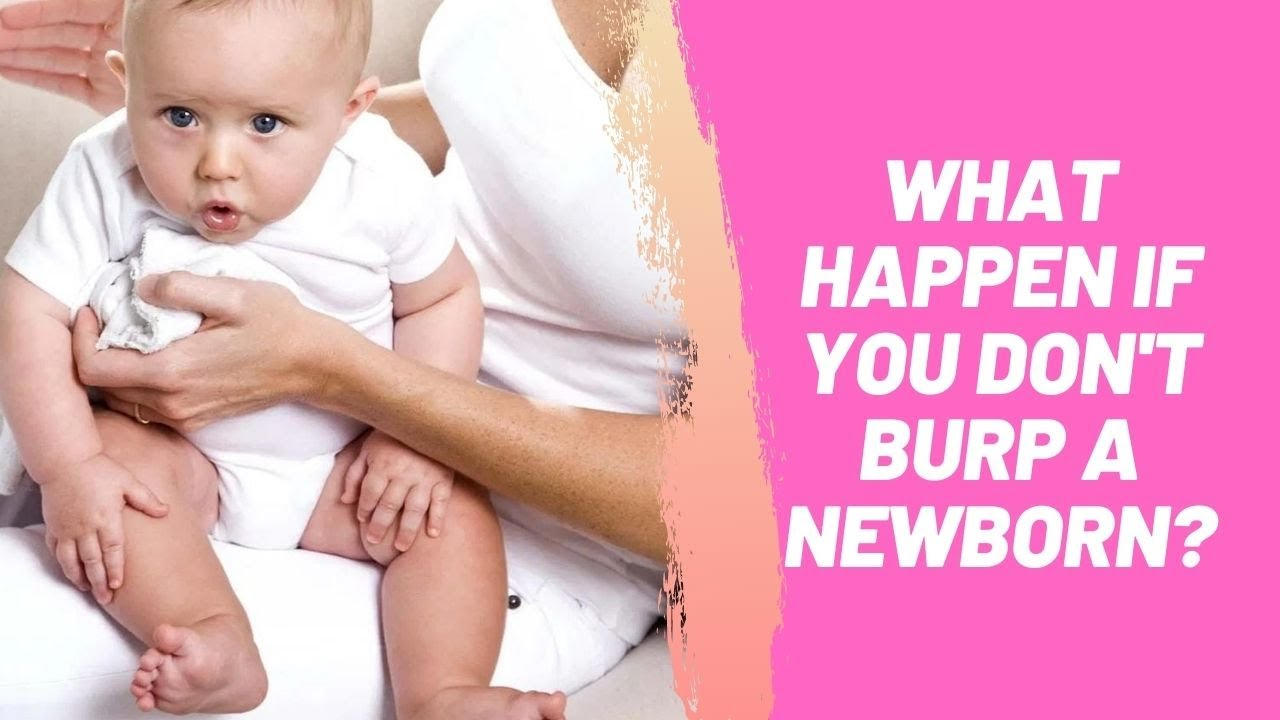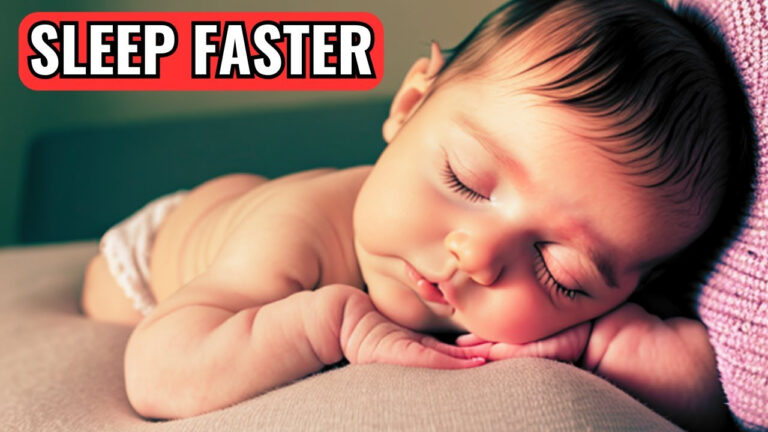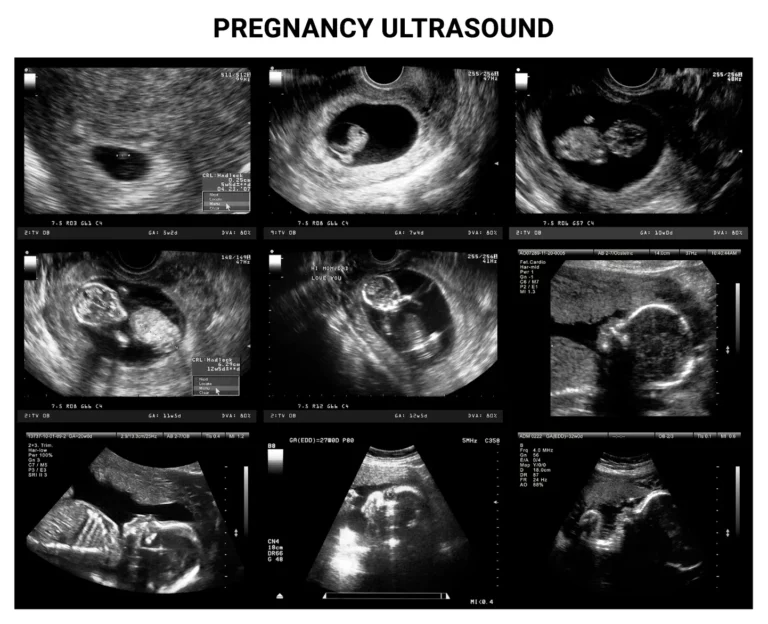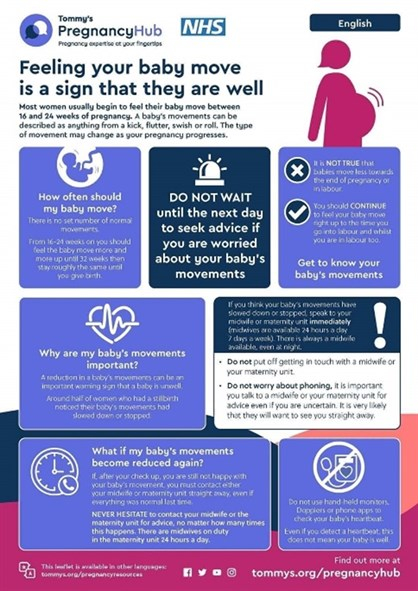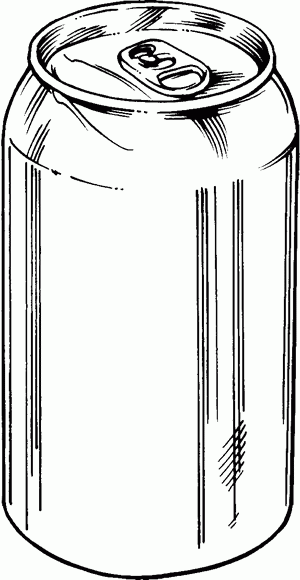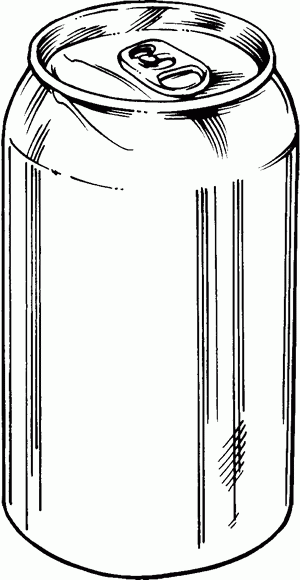What Happens If You Don’t Burp A Baby
As a parent, you may have heard the importance of burping your baby after feeding. But what really happens if you don’t burp a baby? Is it just an old wives’ tale, or is there some truth to it? In this article, we’ll delve into the consequences of not burping your baby and why it’s essential for their well-being.
Knowledge
When a baby drinks milk, whether it’s breastmilk or formula, they tend to swallow air along with it. This air can get trapped in their tiny bellies, leading to discomfort and gas. Burping helps release the trapped air, preventing your baby from feeling bloated and fussy.
If you don’t burp your baby, the swallowed air will continue to accumulate in their stomach. This can result in excessive gas build-up, causing your baby to feel gassy, irritable, and in pain. They may cry more frequently and have trouble sleeping due to the discomfort caused by the trapped air.
Another consequence of not burping your baby is an increased likelihood of spit-up and reflux. When your baby’s stomach is full of air, it can put pressure on the esophageal sphincter, leading to regurgitation of milk and stomach acid. This can be uncomfortable for your baby and may result in frequent spit-up episodes.
Unburped babies are also more prone to developing colic, a condition characterized by excessive crying and fussiness. The trapped air in their stomach can cause discomfort and pain, making it challenging for your baby to settle down and relax. Burping helps alleviate this discomfort and prevents the onset of colic.
Not burping your baby can also lead to interrupted feeding sessions. If your baby feels gassy or uncomfortable due to the trapped air in their stomach, they may stop feeding prematurely. This can result in inadequate milk intake and poor weight gain, affecting your baby’s overall growth and development.
Conclusion
In conclusion, burping your baby is crucial for their digestive health and overall well-being. Not burping your baby can lead to gas build-up, spit-up, reflux, colic, and interrupted feeding sessions. By taking the time to burp your baby after feeding, you can help prevent these issues and ensure that your little one stays happy and healthy.
For new parents, it’s essential to understand the importance of burping and incorporate it into your baby care routine. By being attentive to your baby’s cues and burping them regularly, you can help alleviate discomfort and ensure a smoother feeding experience.
